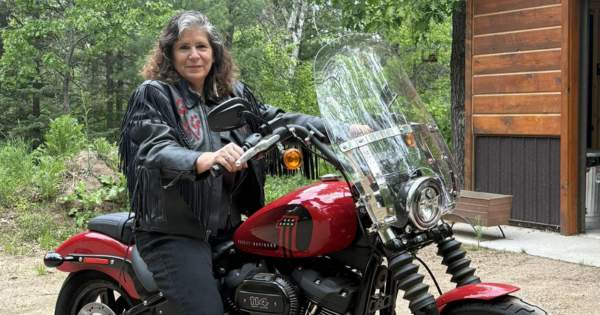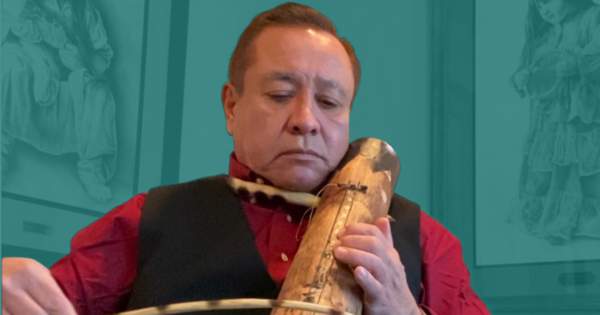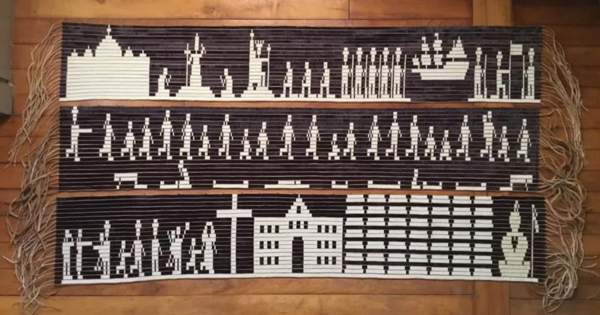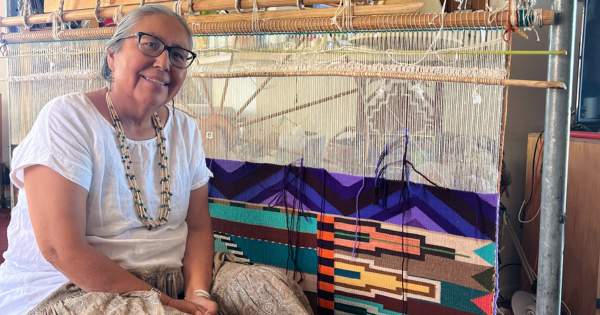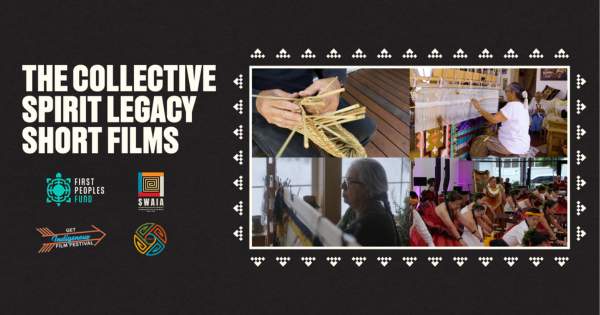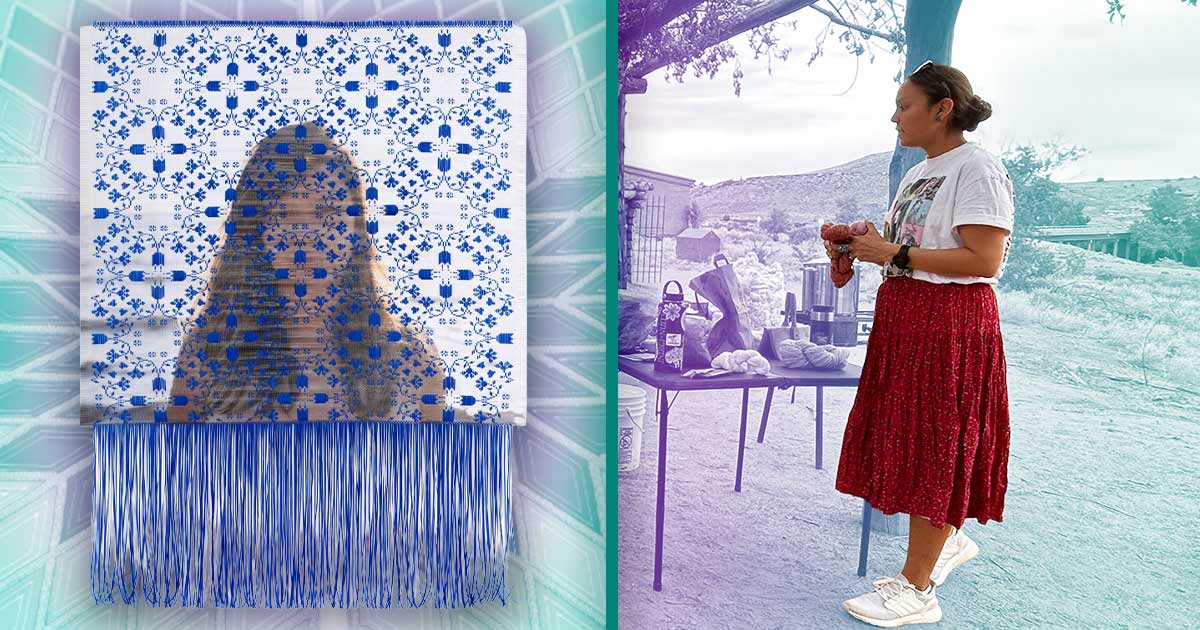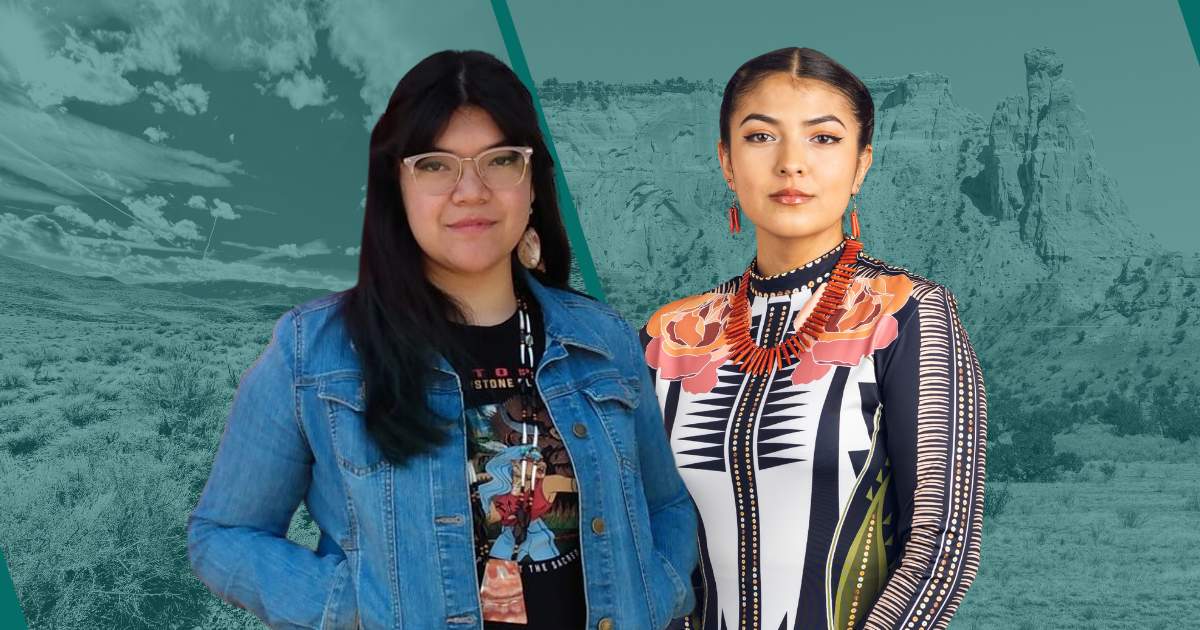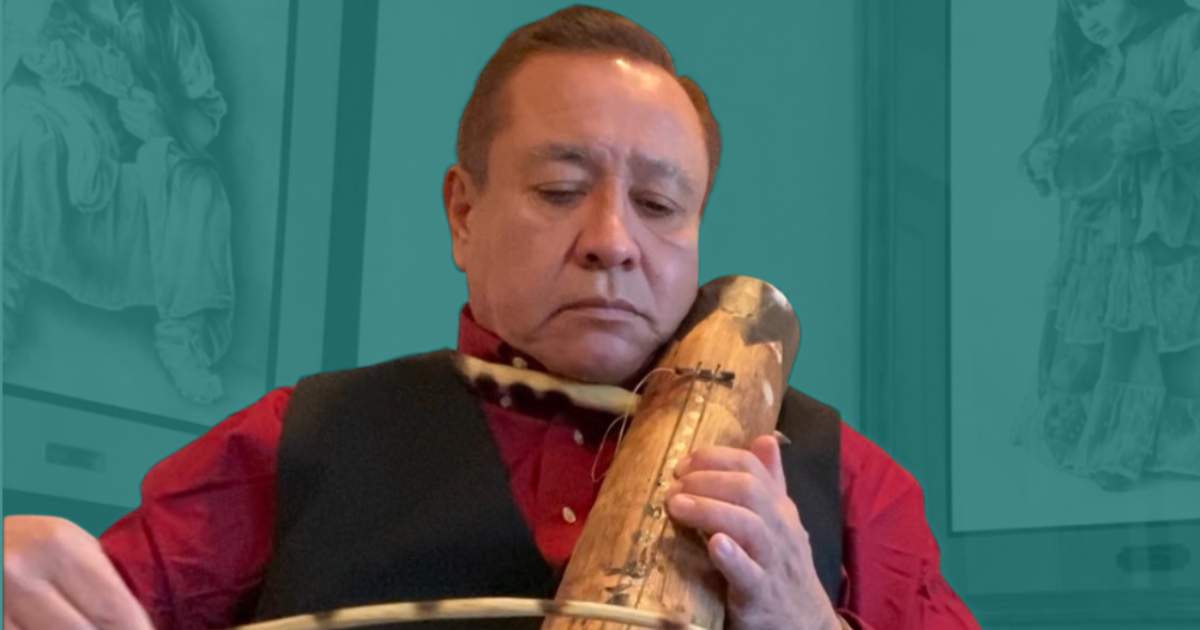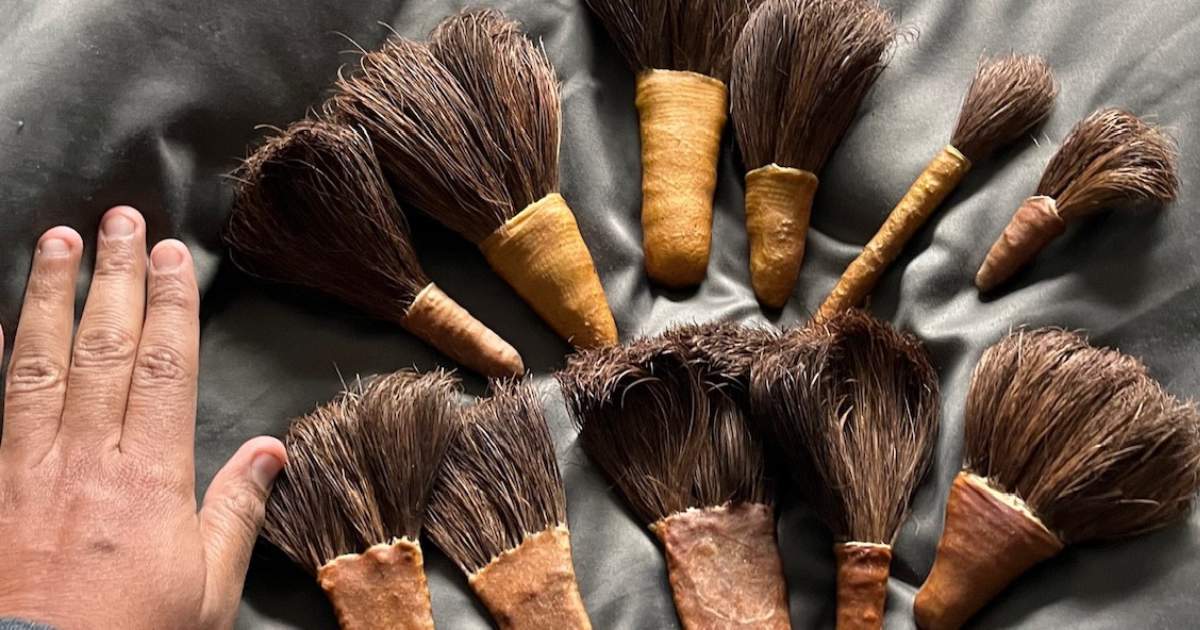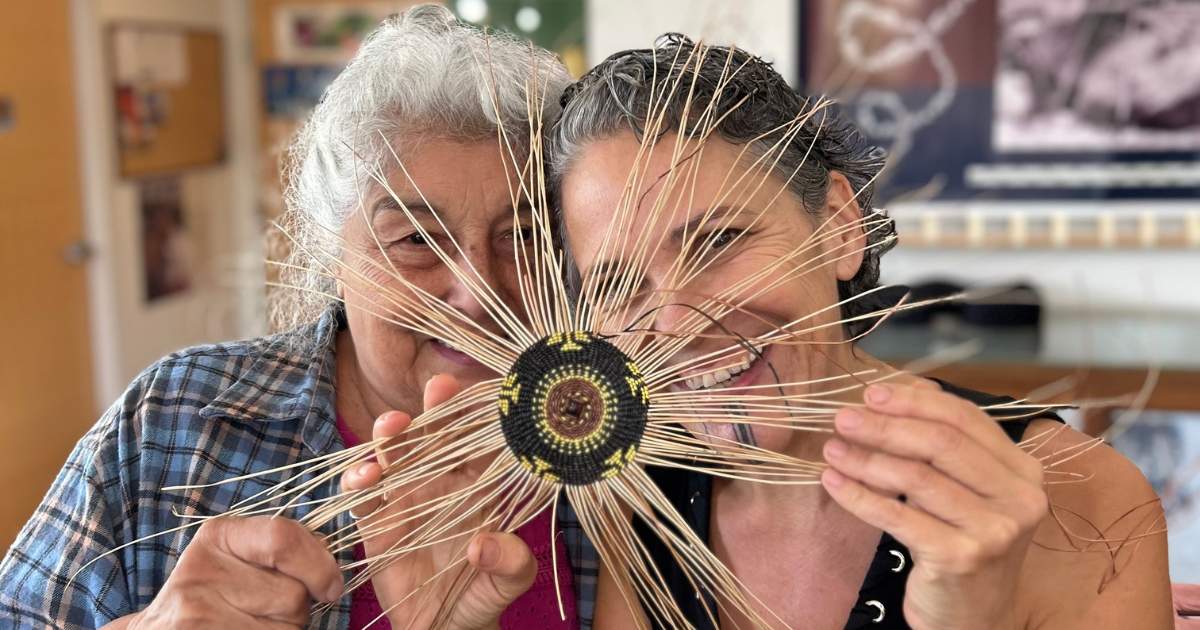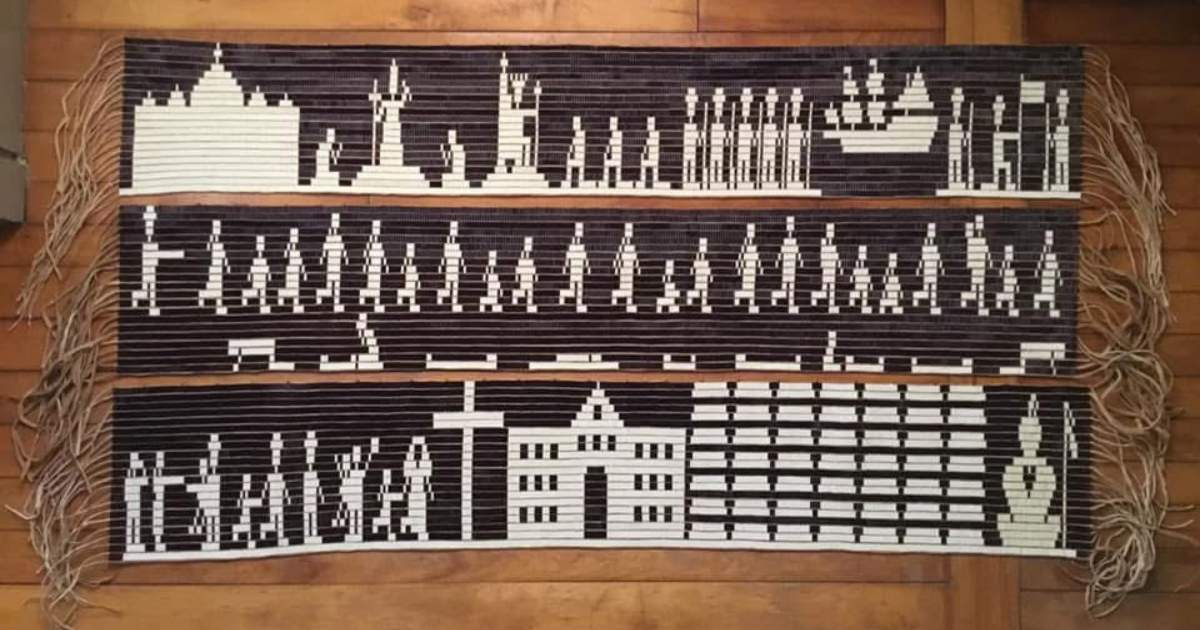
Traditional Polynesian tattoo artist is 2015 Community Spirit Award honoree
When Keone Nunes (Native Hawaiian) wanted to get a traditional Hawaiian/Polynesian tattoo, but couldn't find a tattoo artist in his native Hawaii that didn't use machines, he decided to take things in to his own hands.
Nunes, who has been named as a 2015 Jennifer Easton Community Spirit Award honoree, first learned about traditional tattooing from elders as they taught him about the Polynesian culture and tradition. It wasn't until later that Nunes realized his situation was unique.
"I thought it was common knowledge," he said. "Later on, I realized not everyone had that knowledge."
Nunes, who has tattoos on his wrists, shoulders and chest, was encouraged to become a tattooist while he was getting a tattoo. He started learning the art form by machine, but quickly realized he had a different calling.
"I tried to make and use traditional tools, with disastrous results," he said with a big laugh.
In 1996, a mentor and well-known traditional tattoo artist contacted Nunes and offered to teach him the traditional way. The two went on a trip and Nunes learned how to make a traditional tool—the right way.
"That really changed things. There wasn't a lot of traditional Polynesian work and for the first time, people were offered a true choice, machine or traditional."
Traditional tattooing is done by tapping one stick on to another, all of it without a machine. It's also set apart from machine by traditional ceremony. Nunes does his work in the Nanakuli Valley near his home, with interested students often sitting at his feet to learn.
"Machines are very seductive," Nunes said. "They're like an artist's pen. It gets you out of tight binds, but for me, it was a crutch."
Nunes said his vision of the importance of tradition has been transformed through his work. "My whole attitude has changed," he said. "I've allowed the tools to teach me. There are very few things in this world that we can say we are doing exactly the same way they were done 100, 200, 500 years ago. When a person lays down on the mat to get a tattoo, they are feeling the same emotions and feelings as their ancestors. It's very powerful."
Nunes has had a powerful effect on the resurgence of traditional Hawaiian culture, said Kapulani Landgraf (Native Hawaiian), an Hawaiian art and photography professor at Kapi'olani Community College where Nunes has led demonstrations and lectures.
"As a Native Hawaiian artist, I have seen over the years the richness of Keone's artistic work that resonates with impeccable scholarship, meticulous craftsmanship and deep layers of meaning," Landgraf said when nominating Nunes for the Community Spirit Award. "Keone plays many roles in our Hawaiian community, but the major contribution to our Hawaiian people is providing a connection to our ancestors, our place and our responsibilities as a Hawaiian in these contemporary times."
Nunes said he hopes his work will inspire other Indigenous people to look to their own history as well.
"To me that is very, very important," he said. "Some people in the western world still don't get it, but that's okay. There's no judgment, but I'm very passionate about people looking at their own traditions and reclaiming them."
Nunes is looking ahead to a busy year. He is currently mentoring students in the traditional art form, but said there is still work to be done.
"It's important to start laying that foundation," he said.
He'd also like to connect with other people in other cultures and share the Polynesian culture.
"It's important to share this in other areas of the United States and the world so they can see the beauty of what we do, It gives it so much more depth. We're not just musicians or dancers, there's so much depth in our cultures."
Nunes has worked with tribes in Northern California and New Zealand, and an artist in the contiguous United States who is trying to learn traditional Pilipino tattooing. He has also been asked to represent Hawaii during the Festival of Pacific Arts to be held in Guam in 2016.
The Community Spirit Award is humbling, he said.
"I'm very honored," he said. "Traditional people don't look at tattoo artists as caretakers of the culture, so I take this very seriously. I'm honored to be chosen and I can't really express it in words."
